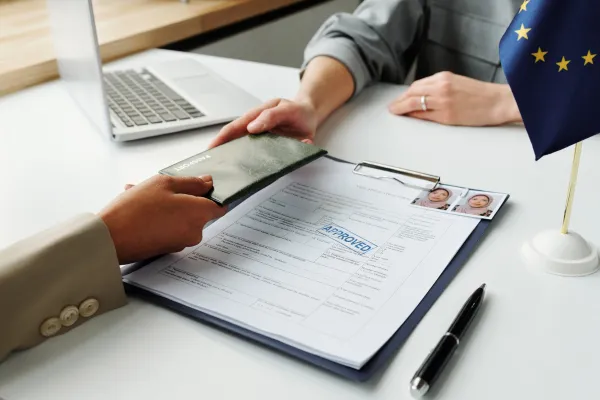
Apostille vs. Embassy Legalization: What’s the Right Choice for Your Documents?
When U.S. Documents Cross Borders, the Rules Change
If you're sending personal, business, or legal documents overseas, you’ll need to legalize them for international use. But not all countries follow the same process. The method depends on whether the receiving country is part of the Hague Apostille Convention or not. This is where apostille and embassy legalization come in.
What Is an Apostille?
An apostille is a certificate issued by the Secretary of State that verifies the authenticity of a U.S. public document for use in another country that participates in the Hague Convention of 1961.
Common destinations that require apostille:
France
Italy
Mexico
South Korea
Portugal
These countries accept U.S. documents with an apostille and do not require further certification. Apostille simplifies the process by replacing the need for embassy or consular legalization.
What Is Embassy Legalization?
If your destination country is not part of the Hague Convention, apostille is not enough. Instead, your document must go through a multi-step embassy legalization process. This typically includes:
Notarization or state certification
U.S. Department of State authentication
Legalization by the destination country's embassy or consulate
Common destinations that require embassy legalization:
Egypt
Iran
Iraq
Jamaica
UAE (United Arab Emirates)
In this case, you’ll need full embassy legalization to ensure your documents are valid abroad.
Which Documents Require Apostille or Legalization?
These are some of the most commonly processed documents:
Birth, marriage, and death certificates
FBI background checks
Power of attorney
Academic diplomas and transcripts
Corporate formation papers and contracts
Court judgments and affidavits
Apostille vs. Legalization: Key Differences

How to Choose the Right Process
Step 1: Identify where your document is being submitted
Step 2: Check if that country is a Hague Convention member
Step 3: Choose apostille for Hague countries or embassy legalization for others like Jamaica
If you're unsure, we offer free document pre-screening to confirm the correct process before you waste time or money.
Let’s Get Your Documents Accepted Abroad
Whether you're planning a wedding abroad, onboarding international staff, or exporting goods, making sure your documents are properly legalized is essential. Apostille works for most countries, but for others like Jamaica, full embassy legalization is required.
Need help choosing the right path?
Let Porchlight Group Apostille & Global Documents simplify the process for you.
